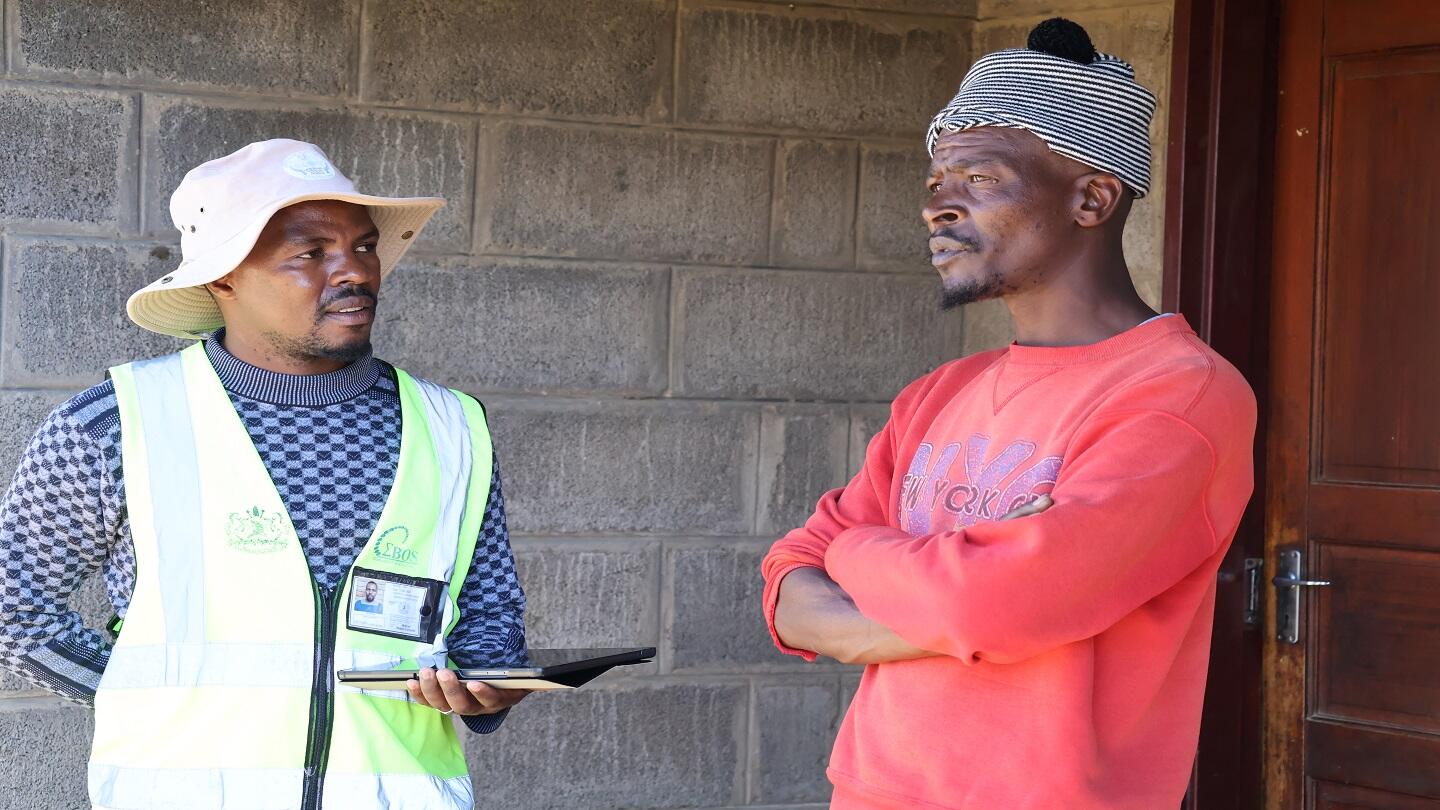Lesotho has successfully concluded a two-week pilot census exercise, held from 16 to 30 April 2025, marking a major milestone in preparations for the upcoming Population and Housing Census (PHC) scheduled to begin on the second Sunday of April 2026.
The pilot census, led by the Bureau of Statistics (BOS), serves as a critical testing ground to identify and resolve any operational, logistical, or technological challenges before the main census
According to an official of the BOS Mr. Pelesane Moerane, the timing of the pilot—exactly a year ahead of the actual census—is intentional and consistent with standard census preparation practices. “The pilot is done every time the census will be happening—this is why it was done in April this year, since the main census will be done in April next year. The pilot is done to see whether there is anything we will need to adjust before the census,” he explained.
He added that one of the reasons for holding the pilot was to test the digital application for data collection and its synchronization with a real-time dashboard. “Once the dashboard is in place, we will pre-test it. The expectation is that it will clearly show in red the households that have not yet been enumerated and in green those that have,” he said.
The 2025 pilot census covered 33 enumeration areas across 8 of Lesotho’s 10 districts, with purposive selection ensuring that all regions of the country were represented. Areas included a cross-section of Lesotho’s diverse geographic zones, such as the foothills, Senqu River Valley, and the highlands.
Following the pilot, the BOS will conduct a comprehensive review to gather insights from the field and produce a report that will guide planning for the 2026 census. “We want to be sure that what we see on the computer is what’s on the ground,” Mr. Moerane said, noting that cartography will also be updated accordingly.
Preparations will continue into early 2026, with a nationwide training programme scheduled from February to April. This will include BOS staff, constituency and area supervisors, as well as enumerators. Strong supervision, spot checks, and post-enumeration surveys will be implemented to ensure accuracy and public trust in the process.
The 2026 census is set to be fully digital and is expected to enhance efficiency and allow for quicker release of preliminary results. However, challenges remain—particularly the shortage of devices for enumeration. “We only have 1,000 tablets when we need 8,000,” Mr. Moerane revealed, appealing to partners and donors for support. “This census is crucial to guide national programming and planning.”
UNFPA, the United Nations Sexual and Reproductive Health Agency, has been a key partner in supporting Lesotho’s census preparations. The agency recently supported the BOS with capacity-building initiatives focused on advocacy and communication, aimed at ensuring public engagement and awareness.
For UNFPA, the census is crucial because it provides the critical population data needed to guide evidence-based policies, allocate resources effectively, and ensure that no one is left behind—especially women, girls, and vulnerable populations. Accurate and comprehensive census data enables the government and development partners to better plan for health, education, employment, and social protection services, all of which are essential for advancing sexual and reproductive health and rights in Lesotho.


